Scientifically explain "Why do people cheat?"

ByCourtney Carmody
In many cultures of the world, cheating and affair are regarded as serious taboo acts betraying important partners, but it is also a fact that it is taken up as a kind of "spice" in movie stories and lost love songs is. Scientifically explaining why people run because of cheating and adultery, which is regarded as an unacceptable act, is explained.
The Science of Cheating - YouTube
Among mammals, only 3% have monogamous ecology. Humans are also categorized into this category and from the point of view of evolution it is based on the advantage that one side protects children at home and the other goes to find food.

However, it is said that negotiations over marriage and cheating against lovers are very common acts in humans.

The reason is in human genes. Dopamine, also called 'Happiness Hormone', is released after exercise, diet, and orgasm, but genes that code (regulate) this dopamine receptor exist regardless of gender. For that reason, everyone has the possibility that people will run into cheating in order to feel happiness.
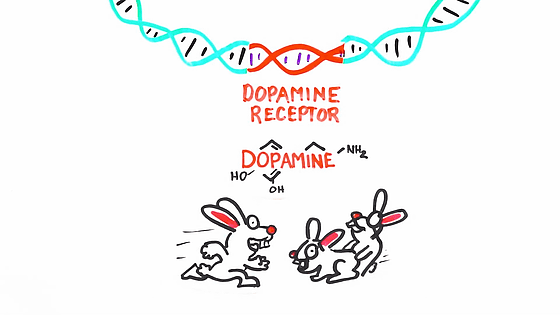
Also, according to a study, 50% have "long alleles" which are variants of genes encoding dopamine receptors and 22% have "short alleles". Comparing the two groups, it seems that there were many people who had long allele experience in experiencing cheating / affair.

Furthermore, it is also understood that those with long alleles are liable to risk, and they also tend to be prone to habitual acts such as alcoholism. It is often said that "people cheating on their flight once in a lifetime", but there is a possibility that it is actually a gene that was born.
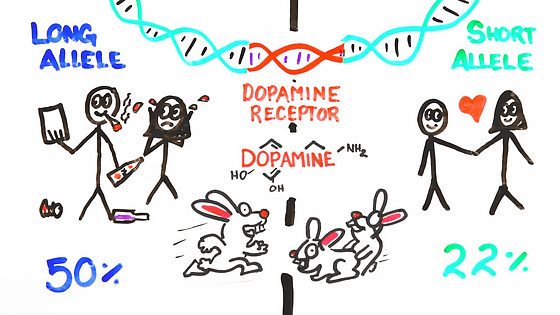
"Vasopressin"Also plays a major role in cheating and infidelity.OxytocinBecause it is a hormone similar to hormones, it is also called "hugging hormone" because it is secreted by touching and embracing, and the amount of vasopressin secretion may affect trust / empathy / social bonds.
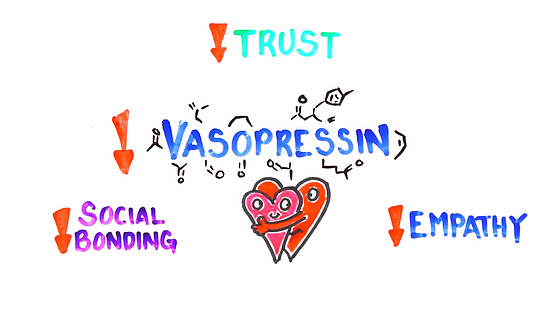
In one experiment, it was found that the direct injection of vasopressin into the reward system of Yama V with an increased chance of becoming monogamous.

People with autism tend to have less vasopressin secretion, and research showing that it is hard to understand social information is published in 2014. In addition to this, we know that a woman who cheats has a variant gene of the vasopressin receptor. These findings suggest that declining vasopressin levels may affect cheating and adultery.
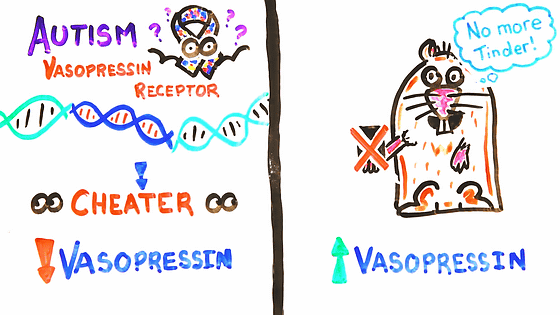
"Money" is also an important factor of cheating. In a partner, it is said that men tend to run more easily to cheat if men have more income than women than men have more income than men. Also, compared with "housewives housewife" and "professional manager", it seems that men tend to betray their partners easily.

In addition, if the income of the two partners is about the same, the possibility that either one is cheating or affair will dramatically decrease.

Of course, the factors that people cheat on are not only this, but also various living factors such as emotional problems that are unsettled, luggage of past lovers, excessive alcohol poisoning, and so on. Research on partnership is not enough and clear insights have not been found yet, but it is obvious that it is the behavior based on biology and genetics that the monogamous person runs into cheating That's right.
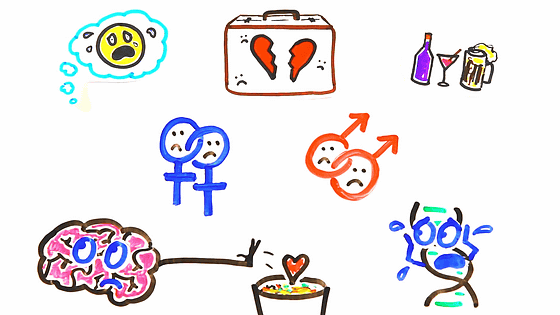
Related Posts:







